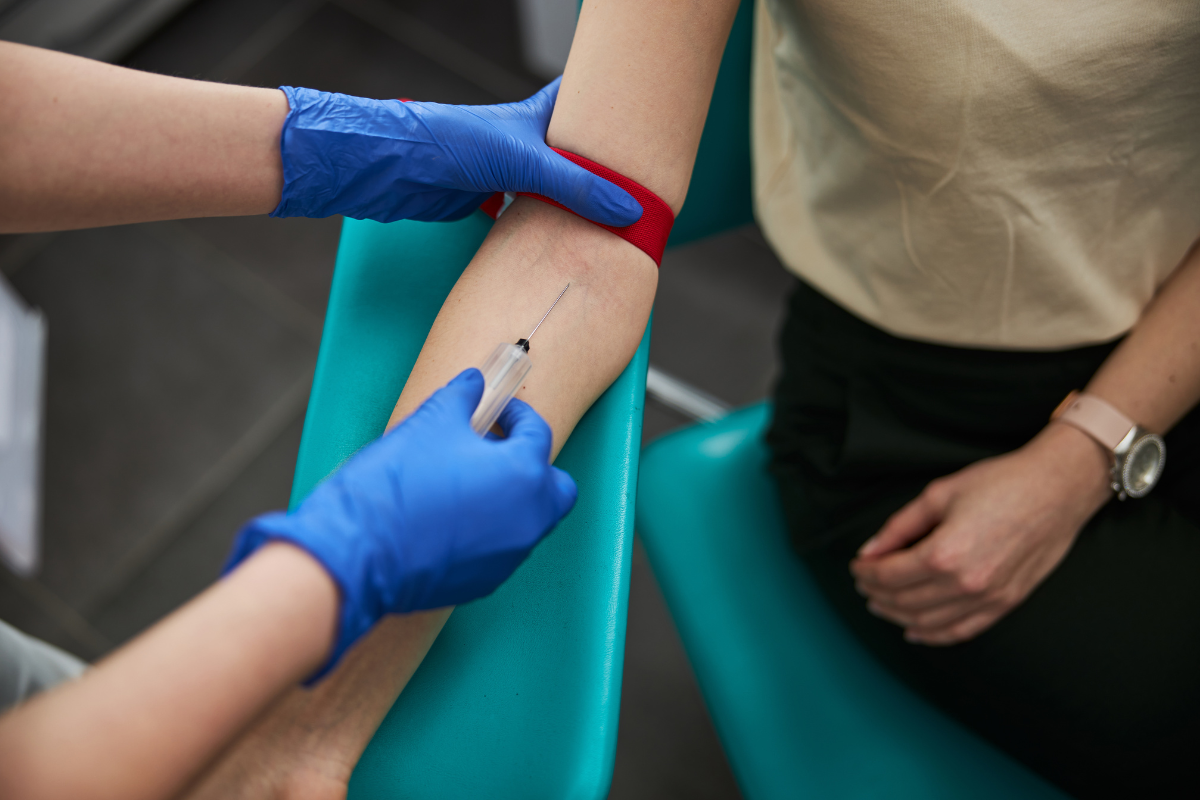Biomarkers in Precision Medicine Approaches for Oncology: Overcoming Obstacles to Usage and Uptake

In precision medicine approaches for oncology, cancer biomarkers are key for indicating which patients will respond to a more personalised treatment while sparing non-responders.
Biomarker testing is shaping up to be a key component in future cancer care and treatment approaches, as patient health indicators are crucial for the identification and development of a suitable therapeutic.
Fundamental to any precision oncology discovery program is an accurate, data-based depiction of the cancer.
There are obstacles to this: the whole process is made more difficult when patients cannot be found if they are not being tested and clinicians do not have ready access to biomarker data.
The availability of biomarker results with detailed information about biomarker performance – as well as disease association – is critical to building the evidence-based precision oncology data source needed to guide critical practice.
However, these new technologies only work if they make it to the patients that need them. Additionally, biomarker testing is not always the go-to option for clinicians working on cancer cures.
Obstacles to Adapting Precision Medicine for Oncology
One of the biggest barriers to the broader utilisation of biomarker testing stems from the complex and constantly evolving nature of the precision medicine landscape itself.
Rapidly changing guidelines can pose obstacles to healthcare providers looking to keep track of the resort available, while educational barriers can also contribute to inconsistent standards of care across oncology institutions.
Precision medicine approaches in oncology tend to be more widely used in academic medical centres than in community hospitals.
As a result, healthcare providers at community hospitals – where 80% of cancer patients receive care – are both less familiar with precision medicine and less likely to have access to the tools required to incorporate it into their daily practice.
Developing a Successful Biomarker Strategy in an Oncology Setting
Still, the benefits from implementing a successful biomarker strategy for personalised cancer care are extensive.
Identifying a tumour’s biomarker and combining it with clinical information can also help to expand participation in real-world studies that help to inform patient care.
Biomarker data can subsequently inform new research opportunities, facilitating the examination of new targeted therapies with new trial designs for rare diseases with smaller patient groups.
As one example, biomarker data can help in the diagnosis and assessment of non-small cell lung cancer (NSCLC): pathologists can look at patients with different alterations.
Although NSCLC is common, only ~3% of patients with NSCLC have a specific active HER2 mutation, making it difficult to restratify patients in terms of treatment options.
While a patient may not have an actionable biomarker in the first-line setting, reevaluating biomarker status may still prove beneficial.
Get your weekly dose of industry news and announcements here, or head over to our Biomarkers portal to catch up with the latest advances in cellular therapies.







